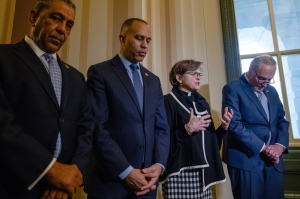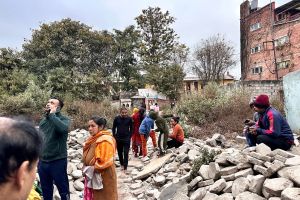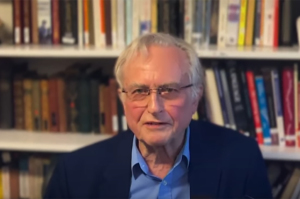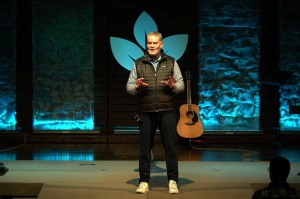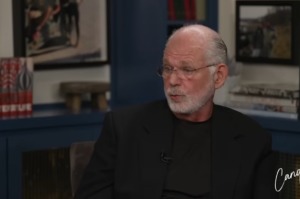Taiwan's Aboriginal Churches Face Economic Downturn
Taiwan's economy is in retreat, and unemployment rises. When Aboriginal youth leave their village homes the rural churches cease to grow. The Presbyterian Church in Taiwan (PCT) is facing a crisis in its Aboriginal congregations. There is need for an emergency relief projects.
The situation can be typified by looking at the Cha-shan (Tea Mountain) Church in the Tsou District. Though church attendance is 90 people each week, the annual offerings last year were only about 340,000 Taiwan Yuan (roughly 10,000 Euros). The church cannot meet regular operational expenses and the salary of a pastor, so it is without full time leadership.
Pasuya Tiaka'ana is the pastor of Hsin-mei Presbyterian Church. He is the supervisor of Cha-shan and the secretary of the Tsou district. He reports that, during the time they are without a pastor, Cha-shan church is repairing its manse and other facilities to prepare for a full time worker.
District moderator, Voyu Peongsi, said, "When the government announces that the unemployment rate nationwide has exceeded 5%, you can double that rate for Aborigines. Villages have few job openings. Agriculture does not bring enough income. There is talk of turning our villages into tourism zones, but we haven't seen any change yet. Our youth move away for jobs, and the human resource strength of our village churches ebbs away. The idea of church growth seems to have stalled."
Rev. Peongsi added to his gloomy prognosis, "Currently even the economy on the plains is poor. Our people return, but they have no jobs. The church's resources are limited, and truly we have little to offer to remedy the situation."
The Rev. Cheng Ta-ming, moderator of the Pinumumayan district on the East Coast, says, "The greatest deficiency in Aboriginal churches, indeed, our most basic need, is for youth training. Aboriginal churches lack economic and human resource power. Clergy are not paid enough to support their own families. If they take outside jobs, they are unable to give full attention to their churches. The elders and deacons remain untrained and unequipped, and the number of people in the pews decreases. The situation becomes progressively worse. If the youth are trained, the church can be renewed!"
Rev. Cheng points out, "The Pinumumayan district's six congregations had average Sunday attendance of about 10 persons. None of them could support a pastor. Their financial power was spread too thin. To bring order to the situation the district established a 'central church' last year. The membership of the six congregations was gathered into one organization. All the elders, properties and organizations were combined. Now every Sunday at a set time and place there is worship. The former congregations exist as the central church's "small groups" for pastoral care.
"Although bringing order to finances may seem the easiest of things, it is also the most difficult. But it is necessary in current conditions. It is the only way to meet the needs of the church's young people." He understands that "The Presbyterian Church's General Assembly upholds support of the weak aboriginal churches. There is some subsidy available for clergy salaries. Other churches also offer aid, which can help future situations. But in the long term, youth empowerment is the most basic need. Because Aboriginal churches are small, few people are willing to accept a call to be pastors there. Sometimes those who accept the call are unable to put their hearts into the job because they must find income from other jobs as well. Churches then cease to develop or grow. Pastors are paid as little as the congregation's board can get away with. The church becomes disabled. If the youth were empowered, and if they could be attracted back to the villages, the churches would profit and grow, and the problem of weak congregations could be overcome. "
Although Aboriginal economy and unemployment problems are serious, yet there are people of power in the villages who are working to develop their regions. Elder Kao Cheng-seng, from Shan Mei Presbyterian Church, is the member of the Ta-Na-Yi Valley Association, which promotes eco-tourism in the mountains of Chia-yi County. He says, "The association collects an admission charge from valley tourists and deposits it in a village development fund. It is used to give education subsidies to youth and supplement old age pensions. The income enlivens our village population and supports the church's development." Elder Kao says that many commercial firms have made donations in kind, of computers, vehicles and other things for the village's development. Though he sees this as good, nonetheless he also notes the need for long-term concern. He suggests that the government and private enterprises can take notice of the village's peril and cooperate to develop ecological protection projects. Such projects would be good for villages and produce commercial opportunities. In addition, the churches' long-term roots in villages could both add to and derive strength from such projects.
In the face of the crisis in Aboriginal villages, the Rev. Sing O'lam, Program Secretary for Aboriginal Mission at the PCT's General Assembly, says, "The General Assembly has appropriated ten million Taiwan Yuan (330,000 Euros) this year for support of clergy salaries in effected areas nationwide this year. We hope that the pastors of weak churches can continue to minister to their communities without financial fears."
Sing O'lam believes that some of the economic problems for Taiwan's rural areas can be blamed on the nation's admission to the WTO, which has opened the markets for competition from abroad. He urges all churches and clergy who need a subsidy payments to apply for them without embarrassment. "The most lacking are the most needy. The money is there for them."
By Albert H. Lee
chtoday_editor@chtoday.com
















